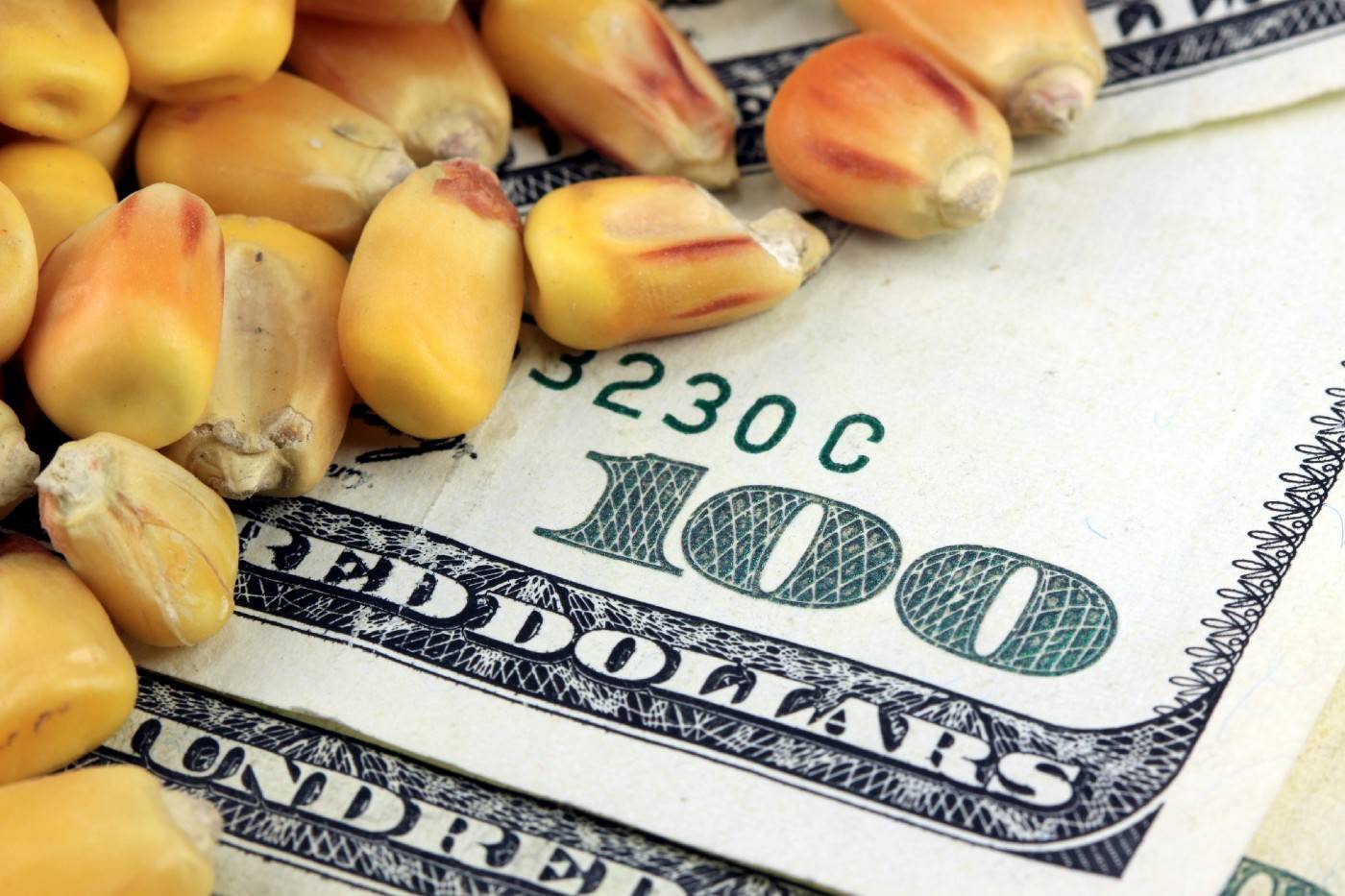Commodity investment refers to the purchase of physical commodities or financial instruments that are based on the value of a specific commodity. These investments can include physical commodities such as gold, silver, oil, or agricultural products, as well as financial instruments such as commodity futures contracts, commodity ETFs, and commodity mutual funds.
Commodity investment can be a great way to diversify your portfolio and potentially earn high returns. However, it can also be a risky endeavour if you don’t have a good understanding of the market and the factors that affect commodity prices. Here are six tips to help you become a pro in commodity investment.
- Understand the market: Before investing in any commodity, it is essential to have a clear understanding of the market conditions and factors that affect its price. This includes supply and demand, production costs, geopolitical events, and weather patterns. Understanding the market will help you make informed decisions and minimise risk. For example, if you are investing in oil, you should have an idea about the production level, consumption level, inventory level and any conflict that may disrupt the production or transportation.
- Diversify your portfolio: Diversification is key in any investment strategy, and it is especially important when it comes to commodities. Investing in a variety of different commodities can help spread out your risk and ensure that your portfolio is not overly exposed to any one market.
- Research the companies: If you’re investing in commodities which are produced by a few large organised companies, it’s important to research the financial stability and management teams of those companies. Look at things like their track record, financial statements, and analyst reports to get a sense of the company’s overall health and potential for growth. For example, if you are investing in oil, you should check financial health and production forecasts of the major oil companies and the management team’s experience in the industry.
- Use technical analysis: Technical analysis is a method of evaluating securities by analysing statistics generated by market activity, such as past prices and volume. This can help you identify trends and patterns in the market, which can be useful in predicting future price movements.
- Keep an eye on the news: Commodity prices can be affected by a wide range of events, from natural disasters to geopolitical tensions. Keep an eye on the news to stay informed about any events that may impact the markets you’re investing in. For example, a natural disaster in a major agricultural producing country can have a significant impact on the prices of those commodities.
- Have patience: Commodity investments can take time to pay off, and it’s important to have patience and not make impulsive decisions based on short-term fluctuations in the market. Stick to your investment plan and be patient for the long-term results. Commodities tend to be cyclical in nature, meaning the prices tend to fluctuate based on the economic conditions.
Conclusion Thus, commodities are considered to be a unique asset class in contrast to the stock market, as their prices are driven by supply and demand factors, as well as by economic and geopolitical events. This can make them a useful tool for diversifying a portfolio and potentially earning higher returns than traditional stocks and bonds.
My name is Sardar Ayaz a professional content writer and SEO expert having Proven record of excellent writing demonstrated in a professional portfolio Impeccable grasp of the English language, including idioms and current trends in slang and expressions. I have ability to work independently with little or no daily supervision with strong interpersonal skills and willingness to communicate with clients, colleagues, and management.
I can produce well-researched content for publication online and in print, organize writing schedules to complete drafts of content or finished projects within deadlines. I have 12 years’ experience to develop related content for multiple platforms, such as websites, email marketing, product descriptions, videos, and blogs.
I use search engine optimization (SEO) strategies in writing to maximize the online visibility of a website in search results
